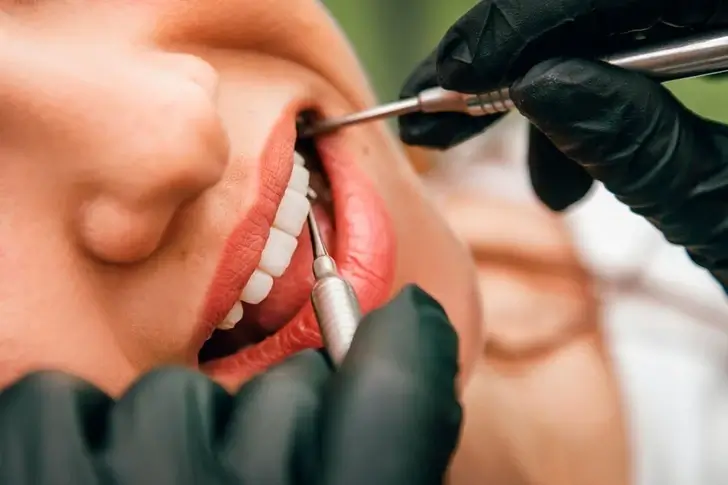Although erectile dysfunction (ED) is typically linked to aging, a trend has been observed in the last few years, with an increasing number of young men experiencing ED. The prevalence of eating disorders (ED) in men under 40 years of age is rising even though ED has historically been associated with older demographics. This article examines the causes of the rise in young men’s erectile dysfunction and offers management and treatment options available at Lazare Urology for this alarming trend.
The inability to obtain or sustain an erection strong enough to fulfill sexual performance is known as erectile dysfunction. While having trouble getting an erection once in a while is natural, frequent problems could point to underlying issues. ED can significantly affect young men’s relationships, general well-being, and sense of self.
Factors Contributing to Erectile Dysfunction in Young Men
1. Lifestyle Factors:
A sedentary lifestyle, poor dietary choices, and excessive alcohol or recreational drug use are lifestyle factors that can contribute to the development of ED in young men. These habits can lead to obesity, high blood pressure, and other health issues that can affect sexual function.
2. Psychological Factors:
Stress, anxiety, and depression are common psychological factors that are associated with ED. Young men often face pressure related to work, relationships, and societal expectations, creating a conducive environment for psychological issues that can manifest as sexual dysfunction.
3. Performance Anxiety:
The fear of not meeting expectations or performing inadequately in sexual situations can lead to performance anxiety, which is a significant contributor to ED in younger men. The pressure to conform to unrealistic standards set by the media and societal norms can exacerbate this anxiety.
4. Medical Conditions:
Certain medical conditions such as diabetes, cardiovascular disease, and hormonal imbalances can contribute to ED. Young men with preexisting health conditions may be at an increased risk of developing sexual dysfunction.
5. Pornographic Consumption
In certain young males, excessive intake of pornography has been associated with erectile dysfunction. Real-life sexual experiences may be impacted by unrealistic expectations and desensitization to sexual cues brought on by regular exposure to graphic content.
Young men are increasingly experiencing erectile dysfunction, which calls for a multimodal strategy that considers both psychological and physiological aspects. The key to treating and preventing ED in young men is open communication, lifestyle changes, and expert assistance. We can enable young men to put their sexual health and general well-being first by educating them about possible causes and offering support.





